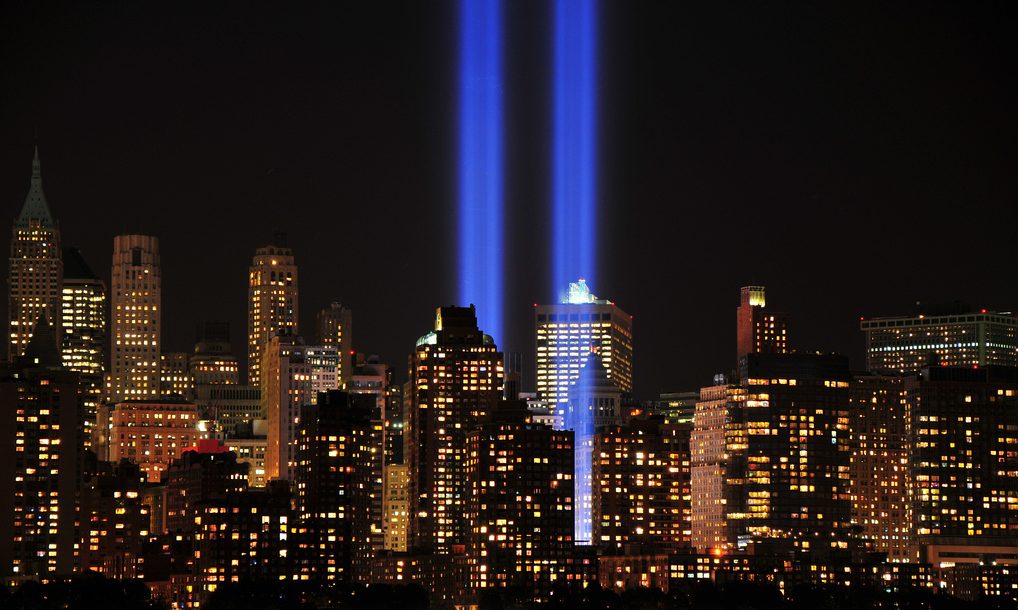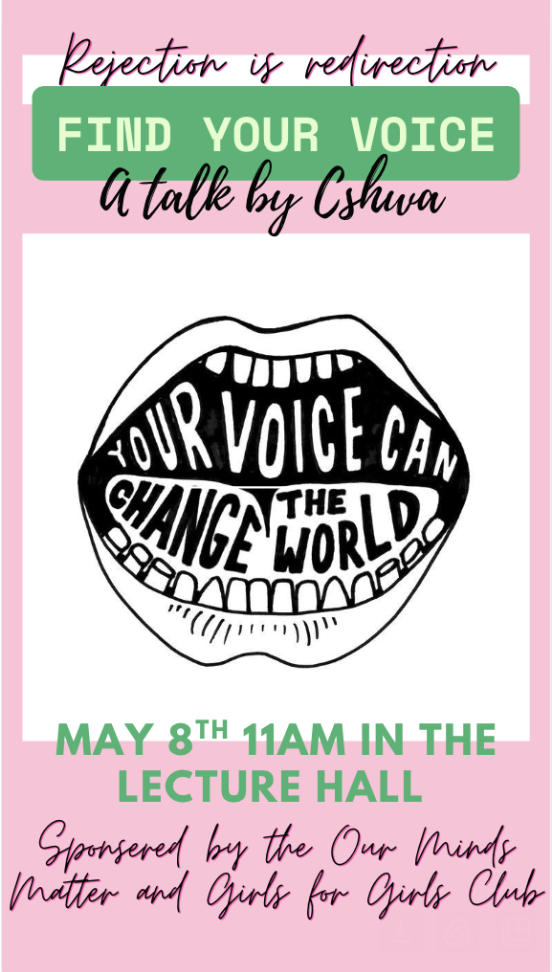After listening to Dr. Barry Bachenheimer recount his first-hand experience of the events of September 11, 2001, I strongly believe that primary sources are invaluable. Bachenheimer’s presentation was powerful, personal, and provided a unique perspective on the historical event.
Prior to the presentation, I had seen countless videos, read numerous articles, and heard many stories about 9/11. However, they mostly took place in the downtown region of New York City where the Twin Towers stood. As a result, Bachenheimer’s unique story filled a gap in my understanding of the event. He was living in West Orange at the time and was called to help receive people in Jersey City as an EMT and paramedic. This was a completely new concept to me, as I never thought about how non-New Yorkers contributed to the relief effort. Hearing about the odd jobs Bachenheimer took on in and out of New York helped me to recognize the different important roles played.
Additionally, the intimacy of a primary source helps to highlight the impacts of the historical event effectively. There is no one better to explain a shift in morale than someone who experienced it. He was able to fairly reject common misconceptions and replace them with more accurate ideas. For example, Bachenheimer expressed that he dislikes being referred to as a hero due to his humble efforts during and immediately after 9/11. Rather, he is more proud of the work he has done in the years after 9/11 as a result of living through the event. Bachenheimer became a firefighter after 9/11, using the tragic event as motivation to help others and live his life with meaning.
While the internet holds endless factual information, only a primary source could authentically convey this powerful, emotional message and unique perspective.









